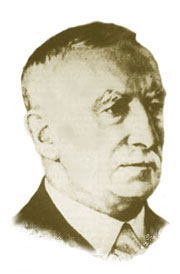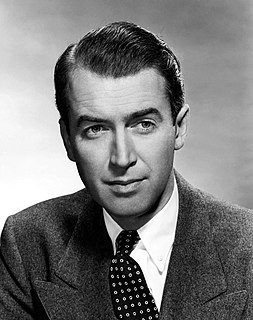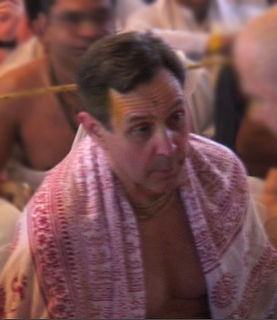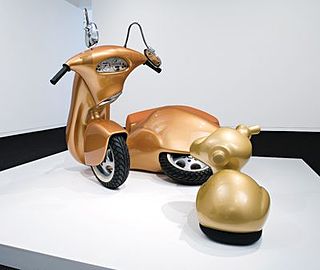A Quote by Jonathan Safran Foer
We are breeding creatures incapable of surviving in any place other than the most artificial settings. We have focused the awesome power of modern genetic knowledge to bring into being animals that suffer more.
Related Quotes
Russell Hoban created a tremendous marriage of characters and philosophy. The plots, the wind-up toy characters, the settings, they all work together to support basically a dark vision that the world is kind of a dump. And we all have to find our ways of surviving in it and of making it a better place. It's a world where we don't have much help, other than what we bring to the table. It's a world in which brotherly love counts more than anything else.
Animals give me more pleasure through the viewfinder of a camera than they ever did in the crosshairs of a gunsight. And after I've finished "shooting," my unharmed victims are still around for others to enjoy. I have developed a deep respect for animals. I consider them fellow living creatures with certain rights that should not be violated any more than those of humans.
My being Indian is possibly the biggest thing that influences my stories. Not just in terms of settings - most of the settings in my stories are Indian - but also in terms of characters and plot. I think growing up in India grew my imagination in certain ways that would not have happened in any other place. I'm also fascinated by the idea of India, and writing stories allows me to explore this. As for thematic elements, they are probably pretty obvious in my stories. I also hope that my stories bust stereotypes at least to a modest extent.
I think whatever nation or whoever develops one artificial intelligence will probably make it so that artificial intelligence always stays ahead of any other developing artificial intelligence at any other point in time. It might even do things like send viruses to a second artificial intelligence, just so it can wipe it out, to protect its grounds. It's gonna be very similar to national politics.
I will insist the Hebrews have [contributed] more to civilize men than any other nation. If I was an atheist and believed in blind eternal fate, I should still believe that fate had ordained the Jews to be the most essential instrument for civilizing the nations. They are the most glorious nation that ever inhabited this Earth. The Romans and their empire were but a bubble in comparison to the Jews. They have given religion to three-quarters of the globe and have influenced the affairs of mankind more and more happily than any other nation, ancient or modern.
The creatures of the sea hold special mystery, and they are among the most exciting, graceful, and beautiful on Earth. Just consider the living riot of a coral reef, the beauty of an albatross, the awesome power of a giant turtle, the grace of a dolphin. Now multiply that by the millions of creatures in the sea. Wow!
Contrary to received wisdom, the British are not an insular people in the conventional sense - far from it. For most of their early modern and modern history, they have had more contact with more parts of the world than almost any other nation - it is just that this contact has regularly taken the form of aggressive military and commercial enterprise.
Humans — who enslave, castrate, experiment on, and fillet other animals — have had an understandable penchant for pretending animals do not feel pain. A sharp distinction between humans and 'animals' is essential if we are to bend them to our will, make them work for us, wear them, eat them — without any disquieting tinges of guilt or regret. It is unseemly of us, who often behave so unfeelingly toward other animals, to contend that only humans can suffer. The behavior of other animals renders such pretensions specious. They are just too much like us.







































